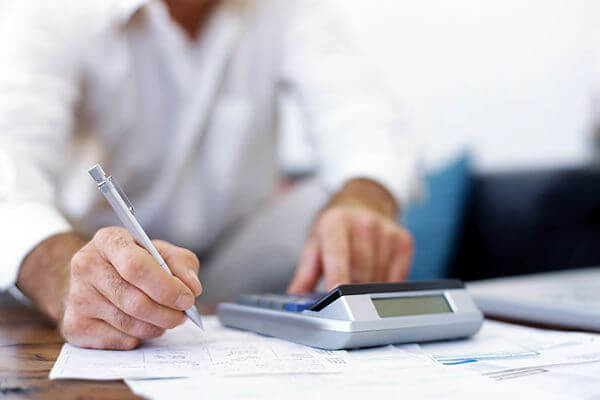What does Every Entrepreneur Need to Know About the Australian Tax System?

No matter where in the world you locate, there are certain inevitabilities. Among the most obvious is that you will be taxed. The Australian tax system is, on the whole, pretty competitive. Despite this, it its quirks can be hostile to entrepreneurs who aren't sufficiently diligent.
What are the major taxes in Australia?
Australian entrepreneurs will need to contend with several different sorts of tax.
Company Tax
There are two bands of company tax: that which applies to base rate entities, set at 27.5%, and that which applies to everyone else, which is set at 30%. A ‘base rate entity' is a company with an aggregated turnover of less than $25 million for 2017-18, and whose income is made up for less than 81% base-rate passive income. This includes royalties, rent, capital gains, and other exceptions.
Payroll Tax
Every State applies a payroll tax on the wages paid to employees. Each state has a different threshold for exemption, but the chances are that a small startup won't have to pay a cent. Payroll tax requires that you register in every state whose threshold is less than your Australia-wide wage bill.
Capital Gains Tax
Whenever you sell an asset, you'll make a capital gain. This income is taxable under CGT, and is a sort of income tax, and charged as such. You get a discount on your CGT liability if you hold onto the asset in question for longer than 12 months.
Goods and Services Tax
Goods and Services Tax is, as you might expect, a broad form of taxation on the stuff Australians buy. It's charged at 10% of the price of the product in question. Businesses with a turnover of more than $75,000 will need to register, as will non-profits with a turnover of twice that. If you're providing taxi-related services of any sort, then you'll need to register, too.
Other Taxes
This isn't quite (or anywhere near) the end of it. Companies which provide their employees with perks, like company cars and Christmas parties, will need to register for a tax on fringe benefits. If you're selling expensive cars, you'll need to contend with a luxury car tax of 33%. Vineyards and wine-dealers should also make the time to look at the Wine Equalisation Tax, which applies to 29% on the wholesale value of wine.
Isn't this hard work?
Naturally, working out an unfamiliar and arcane tax system will consume time that you could be spending on developing your business and liaising with would-be clients. If you're like most entrepreneurs, then this is where your skills lie. After all, you wouldn't wire your offices yourself when there are perfectly qualified electricians who, for a price, will do the job for you. Tax optimisation requires skill and experience, and the DIY approach carries with it risks. Fail to comply, and you risk being penalised, which might end up costlier in the long run. For this reason, it's worth looking at professional tax services, such as those provided by RSM Australia.
839GYLCCC1992



Leave a Reply